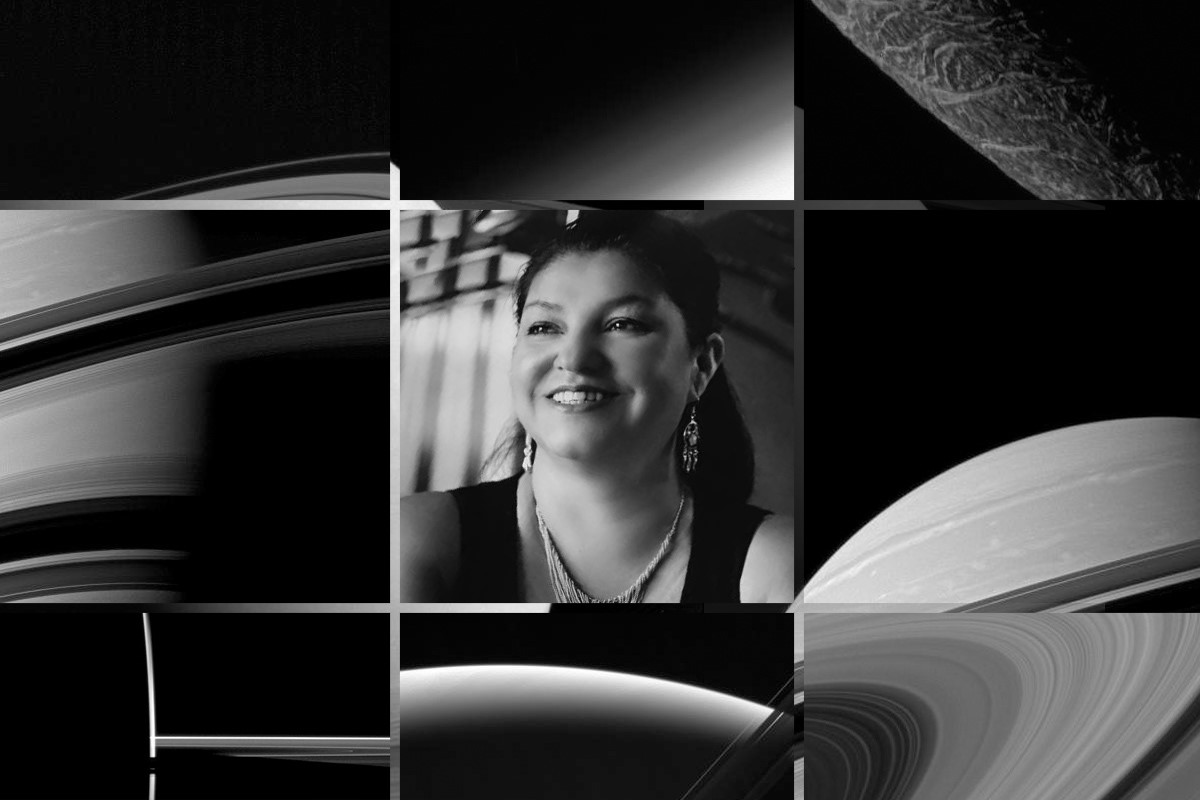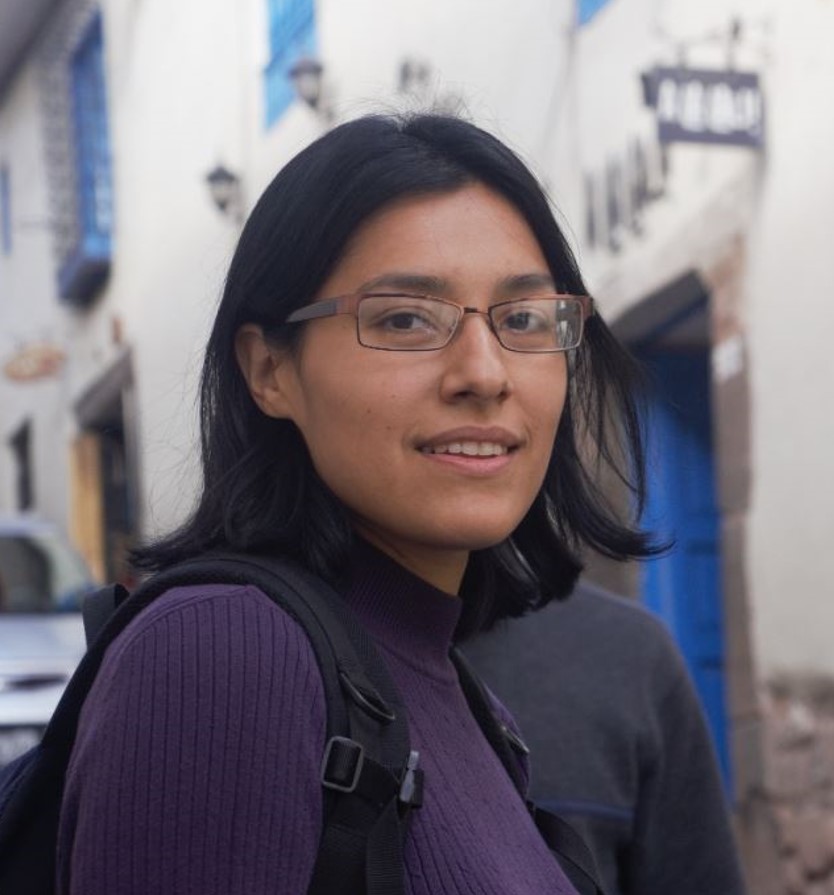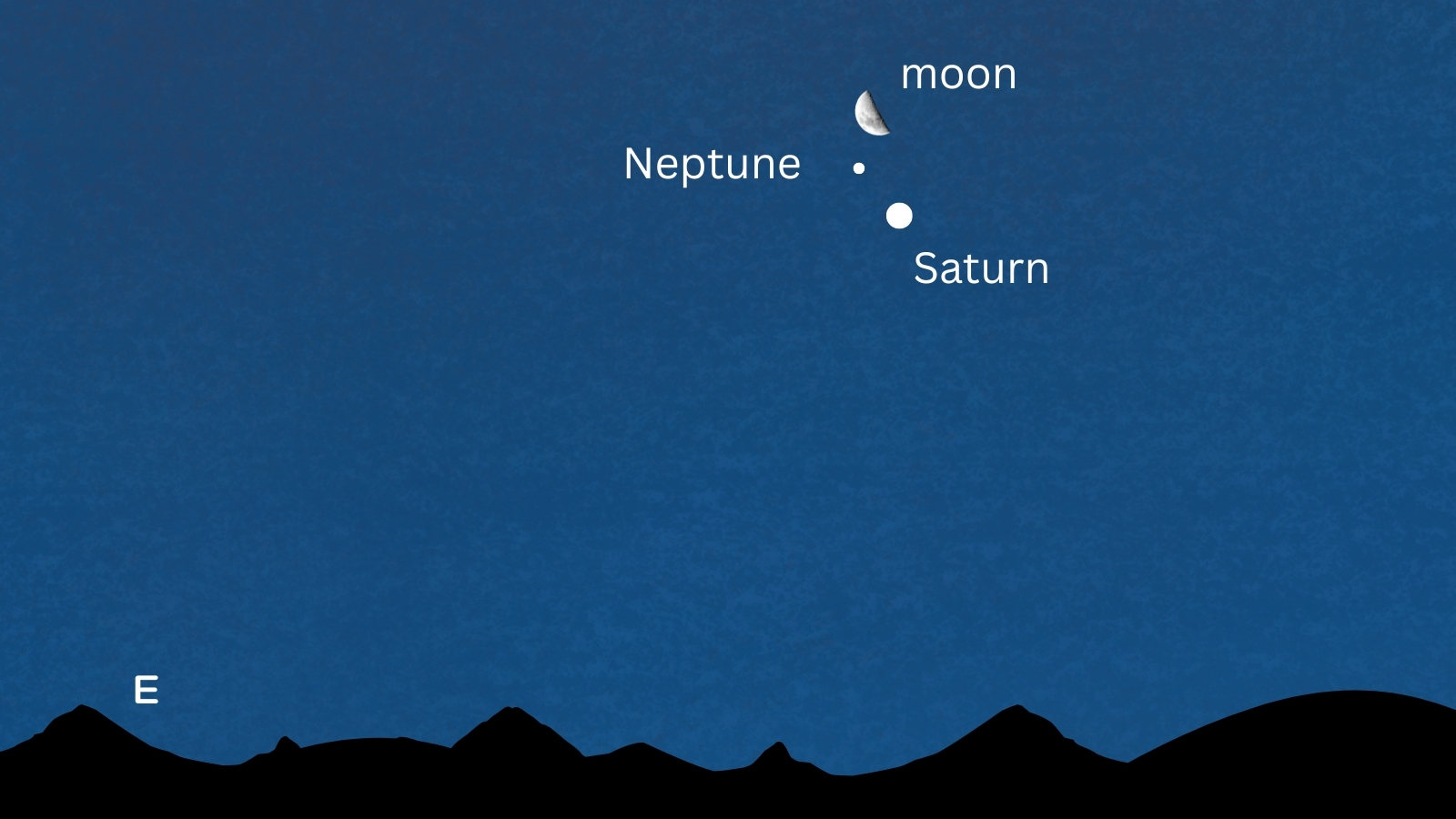Eulogy for Cassini at Saturn

The end of Cassini has made me sentimental over the last few weeks, and I keep trying to wrap my head around one question: Why? Why do I feel empathetic for a nonsentient spacecraft?
It reminds me of my immigrant mom, Sonia.
Cassini ventured into an unknown place, and I process that journey as courageous, as I do my mother's story, of a young woman who migrated to the United States from South America in 1987. The Cassini mission had few hints of what Saturn would be like before departing, like many immigrants who know little of where they are relocating to, where they may live out the rest their lives. Cassini sent back treasures, in the form of images and information, to those across the border created by the large distances in our solar system, the gap that keeps those of us back on Earth from visiting Saturn ourselves.
All the hopes of a research mission or a family, carried on the back of a singular vessel. I know she does things because they provide for me and my future. Sometimes when she faces this world with her accent, or sends a digital signal to her sister hundreds of miles away, I know that she is reminded of how alone she is in her new country.
When Cassini passed Enceladus' aquatic plumes, I imagined the probe as a humble yet valiant being that found itself occasionally thrilled by something extraordinary in its new world. And I remembered how my mom earmarks experiences to one day show her family, those who equipped her for the unpredictable journey and who made her who she is.
Cassini kept on going, and like my mom, keeps making humanity proud.
Follow Doris Elin Salazar on Twitter @salazar_elin. Follow us @Spacedotcom, Facebook and Google+. Original article on Space.com.
Breaking space news, the latest updates on rocket launches, skywatching events and more!
Join our Space Forums to keep talking space on the latest missions, night sky and more! And if you have a news tip, correction or comment, let us know at: community@space.com.

Doris is a science journalist and Space.com contributor. She received a B.A. in Sociology and Communications at Fordham University in New York City. Her first work was published in collaboration with London Mining Network, where her love of science writing was born. Her passion for astronomy started as a kid when she helped her sister build a model solar system in the Bronx. She got her first shot at astronomy writing as a Space.com editorial intern and continues to write about all things cosmic for the website. Doris has also written about microscopic plant life for Scientific American’s website and about whale calls for their print magazine. She has also written about ancient humans for Inverse, with stories ranging from how to recreate Pompeii’s cuisine to how to map the Polynesian expansion through genomics. She currently shares her home with two rabbits. Follow her on twitter at @salazar_elin.
